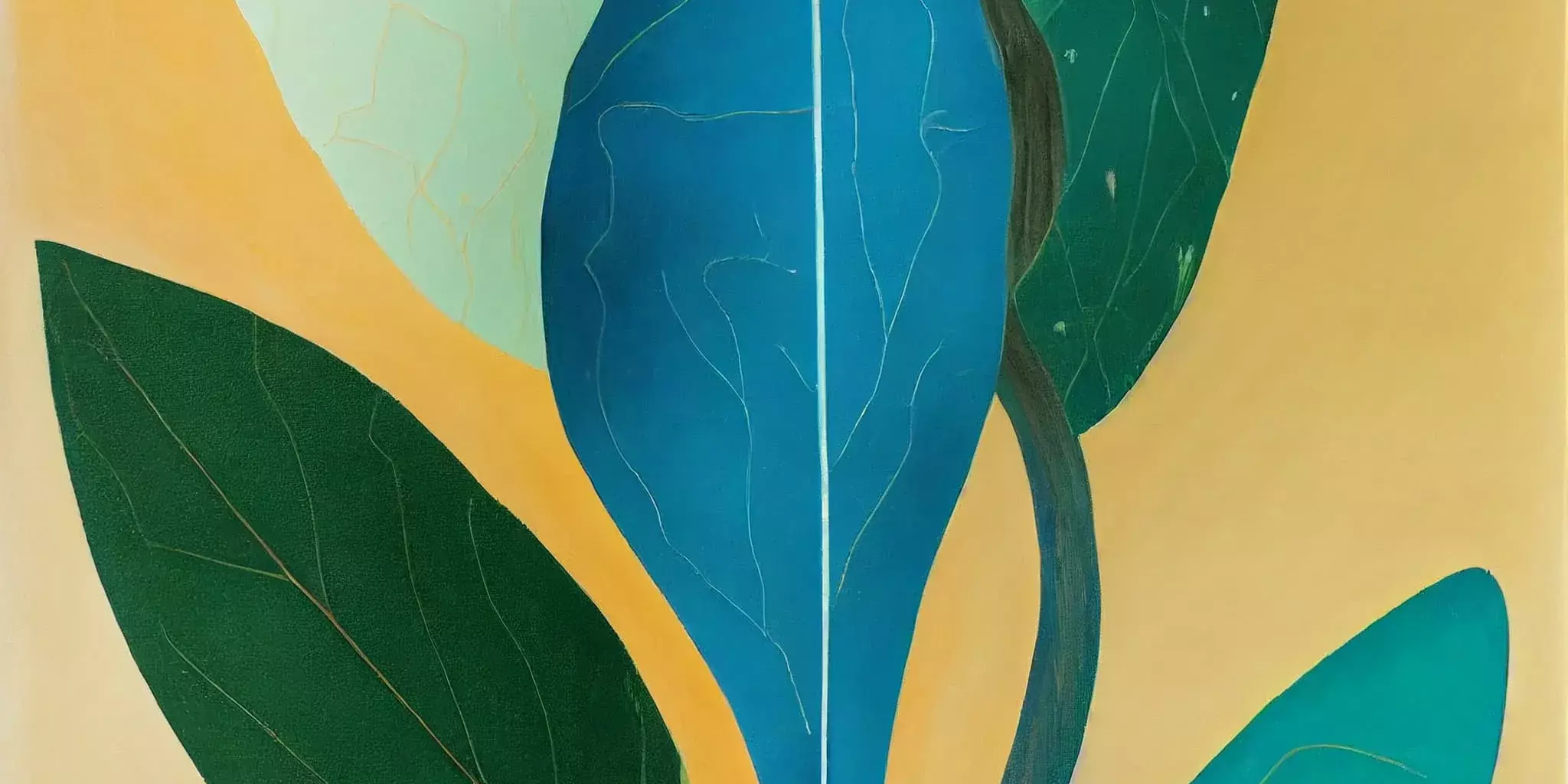The German romantic poet Heinrich Heine wrote a story about a toothache he once experienced and a certain Dr. Raupach.
[…] Perhaps my judgment of Dr. Raupach’s works is founded on a secret dislike of the poet’s person. The sight of the man once made me tremble, and you know no prince can forgive that.
You look surprised, and do not think Dr. Raupach so terrible, and are not used to seeing me tremble before any living man?
But still it is the fact; I was once in such terror at the sight of Dr. Raupach that my knees trembled and my teeth chattered. I cannot look at the engraving of the poet’s face opposite the title of “Ernst Raupach’s Dramatic Works” without my heart’s jumping in my breast…
You look
at me in great wonder, dear friend; and I hear a soft voice at your side saying, “Pray tell us about it.”
But it is a long story, and I have not time today to tell it. Besides, it would remind me of too many things that I am glad to have forgotten; for instance, of the sad days I passed at Potsdam, and the great sorrow that had driven me into solitude. I was walking all alone in dead and buried Sans Soucis, under the orange trees of the great terrace. My God, how unrefreshing and prosaic those orange trees are!
…I was, as I have said, at Potsdam in no specially gay mood; and thereupon my body and mind laid a wager which could torment me most.
Oh! mental pain is easier to bear than physical; and if I were given the choice between a bad conscience and a bad tooth, I would choose the former. Oh, nothing is more horrible than a toothache! I found this out at Potsdam; I forgot all the grieves of my soul, and decided to go to Berlin and have my bad tooth drawn.
What a terrible, dreadful operation! It is something like having your head cut off. You must sit in a chair and keep still and quietly wait for the dreadful pull! My hair stands on end at the bare thought. But providence in its wisdom has ordered all for our best, and man’s pains finally conduce to his good. Toothache is horrible, unbearable, to be sure; but a kindly-judging providence gave to toothache this horrible, unbearable character that we might at last in despair go to the dentist and have it out.
Really, no one would make up his mind to this operation, or, rather, execution, if toothache were in the least degree endurable!
You cannot imagine in what a cowardly and wretched state I was, sitting in the post-wagon on that three hours’ journey.
When I reached Berlin, I was utterly worn out; and as one has no thoughts for money at such a moment, I gave the postilion twelve good groschen for his fee. The fellow looked at me with a queer, irresolute face, for, by the new Nagler post-laws, postilions were positively forbidden to take any drink money. He held the twelve groschen bit in his hand a long time, as if weighing it; and, before pocketing it, said in a doleful tone: “For twenty years I have been a postilion and been used to drink money, and now we are forbidden under severe penalties by the Chief Director of Posts to take anything from travelers. But it is an intolerable law; no one can refuse drink money; it is against nature!” I gave the worthy man my hand, and sighed.
With a sigh, I at last reached the inn; and as I at once asked for a good dentist, the host answered with great delight, “That is lucky; I have a celebrated dentist from St. Petersburg in the house, and if you dine at the table d’hote you will see him.”
Yes, thought I, I will eat my last meal before laying my head on the block.
But at table all love of eating left me. I was hungry, but had no desire for food. In spite of my levity, I could not banish from my mind the terrors that awaited me in the next hour. My favorite dish, mutton and French turnips, was odious to me. My eyes involuntarily sought the fearful man, the tooth-headsman from St. Petersburg; and, with the instinct of fear, I soon picked him out among the guests.
He was sitting far from me, at the end of the table, and had a queer, pinched-up face, a face like a pair of forceps. He was a fatal looking fellow, in an ashen-gray coat and bright steel buttons. I scarce dared to look him in the face; and when he took a fork in his hand I was as frightened as if he had his chisel at my jaw.
With a shudder of fear I turned from him, and would gladly have stopped my ears to escape the sound of his voice. By its tone I knew he was one of those men who seem as if they must be painted gray inside, and have bowels of wood. He talked of Russia, where he had been for some time, but found no great field for the exercise of his art. He spoke with that quiet impertinent reserve that is more unbearable than the loudest boasting. Every time he spoke I felt weak, and my heart trembled.
In despair I fell to conversing with my neighbor at table; and, carefully turning my back on the horrible creature, I spoke so loud that I deafened my own ears and drowned his voice. My neighbor was a charming man, of distinguished appearance and most refined manners; and his amiable conversation soothed the painful state of my mind. He was politeness itself. The words fell softly from his gently curved lips, his eye was clear and friendly, and when he heard I had a troublesome tooth, he blushed and offered me his services.
“Who are you, for God’s sake?” cried I. “I am Meier, dentist, from St. Petersburg,” he answered. I pushed my chair almost rudely away from him, and stuttered out in great confusion: “Then who is that, over there at the table, in a gray coat and steel buttons?” “I do not know,” answered my neighbor, looking at me with surprise. The waiter, who heard my question, whispered in my ear with an air of importance, “That is the theatrical poet, Raupach.”
Image above: Wellcome Collection Gallery, CC-BY-4.0




